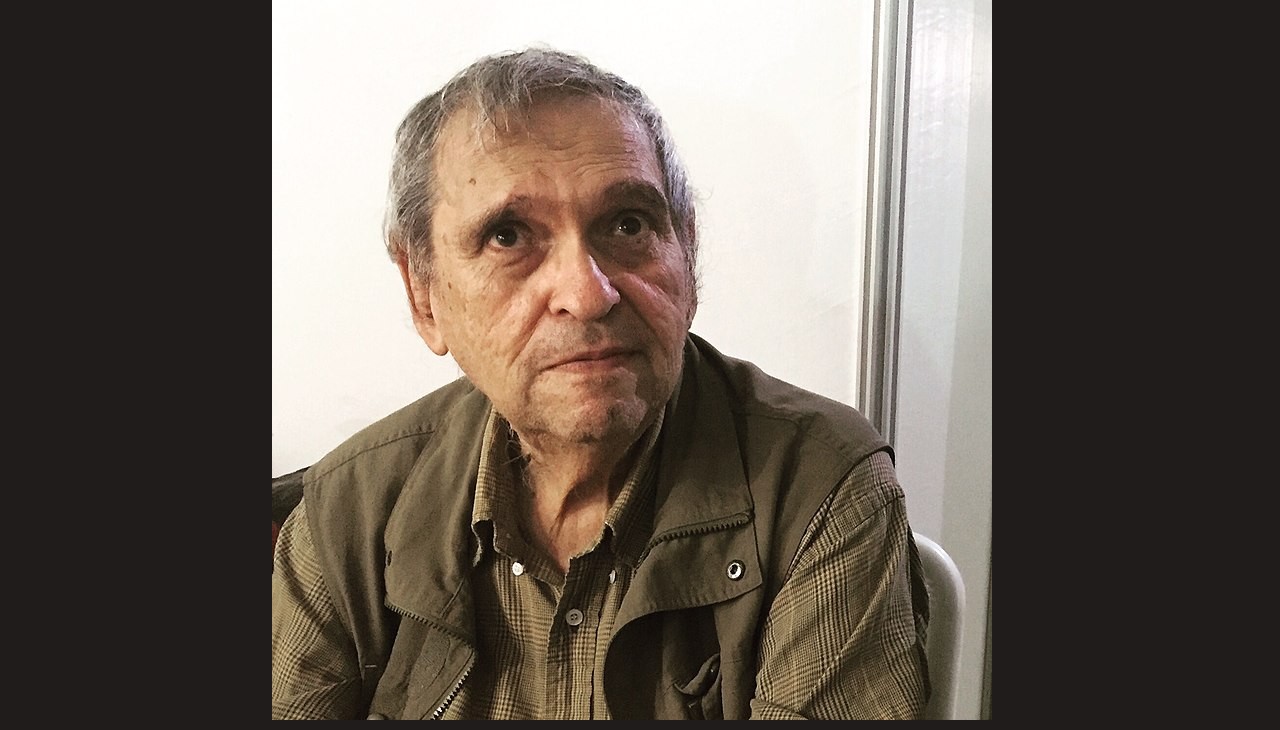
Venezuelan poet Rafael Cadenas wins the 2022 Cervantes Prize
The 92-year-old Venezuelan poet was awarded with the most prestigious prize in Spanish literature
"I who have never had a trade
who before any competitor have felt weak
who have lost the best qualifications for life
who as soon as I arrive at a place already want to leave (thinking that moving is a solution)
who have been denied in advance and scoffed at by the fitter
who lean on walls so as not to fall down ..."
Thus begins Rafael Cadenas' most famous poem, entitled "Defeat" (1962), which became a symbol for many young people in the 1960s and became popular in Spain and Latin America.
Sixty years later, the renowned Venezuelan author and poet, 92 years old, has been proclaimed winner of the 2022 Cervantes Prize, the highest recognition of Spanish literature.
"His work is one of the most important and demonstrates the transforming power of the word when the language is taken to the limit of its creative possibilities, and distills the dazzling essence of words, in a dual territory of dream and wakefulness, wave expression of existence and the universe, dimension at once mystical and earthly," said the jury of the Prize, the most prestigious in the Spanish language.
According to the jury, Cadenas was worthy of the award for his "vast and extensive literary work," as well as for the "transcendence" of this "creator" who has made poetry "a motive of his own existence" and has taken it "to heights of excellence."
Cardenas is author of more than 20 works of poetry and essays, among which are the collections of poems "Falsas maniobras," "Intemperie," "Amante" and "Contestaciones."
The prize, which will be awarded in Madrid in April 2023, is endowed with 125,000 euros ($126,000), and in recent years has alternated between Spanish and Latin American authors.
RELATED CONTENT
Last year, the prize was awarded to the Uruguayan poet Cristina Peri Rossi, and in previous editions to Spain's Francisco Brines and the Catalan Joan Margarit. Other winners of the Cervantes Prize were Mexico's Octavio Paz, Spain's Camilo José Cela and Peru's Mario Vargas Llosa.
Cadenas, who lives in Caracas, plans to attend the award ceremony at the University of Alcala, Madrid, on April 23, but admits that the recognition scares him a little, "because it is an enormous responsibility in relation, not only to the language, but to Spain, to Venezuela and to the situation in which we find ourselves at the moment," he told EFE by telephone from Caracas.
A professor, poet and essayist, Cadenas combined his passion for literature with political militancy in the Venezuelan Communist Party from a young age. For this reason, he was imprisoned and then forced into exile during the dictatorship of Marcos Pérez Jiménez. He took refuge on the island of Trinidad until 1957.
In 1985, he received the National Literature Prize of Venezuela and in 2009 the FIL Prize for Literature in Romance Languages, in Guadalajara, Mexico; on the other hand, he was awarded in 2018 with the Queen Sofia Prize for Ibero-American Poetry.
His poetry, of a markedly reflective character, is characterized by its close relationship with philosophical thought. He is compared to authors such as Friedrich Hölderlin, Rainer María Rilke and Gorostiza.











LEAVE A COMMENT:
Join the discussion! Leave a comment.